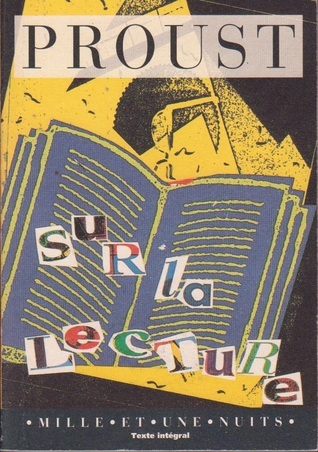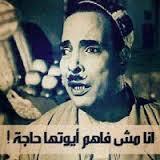What do you think?
Rate this book


79 pages, Paperback
First published June 15, 1905

شاید تنها روزهایی از ایام کودکی که آنها را تمام و کمال زیستهایم همانهایی باشند که به گمانمان هدر دادهایم.
For me, voluntary memory, which is above all a memory of the intellect and of the eyes, gives us only facets of the past that have no truth; but should a smell or a taste, met with again in quite different circumstances, reawaken the past in us, in spite of ourselves, we sense how different that past was from what we thought we had remembered, our voluntary memory having painted it, like a bad painter, in false colours.
"A amizade, a amizade que diz respeito aos indivíduos, é sem dúvida uma coisa frívola, e a leitura é uma amizade. Mas pelo menos é uma amizade sincera, e o facto de ela se dirigir a um morto, a uma pessoa ausente, confere-lhe algo de desinteressado, de quase tocante. É além disso uma amizade liberta de tudo quanto constitui a fealdade dos outros. Como não passamos todos, nós os vivos, de mortos que ainda não entraram em funções, todas essas delicadezas, todos esses cumprimentos no vestíbulo a que chamamos deferência, gratidão, dedicação e a que misturamos tantas mentiras, são estéreis e cansativas (...). Na leitura, a amizade é subitamente reduzida à sua primeira pureza. Com os livros, não há amabilidade."